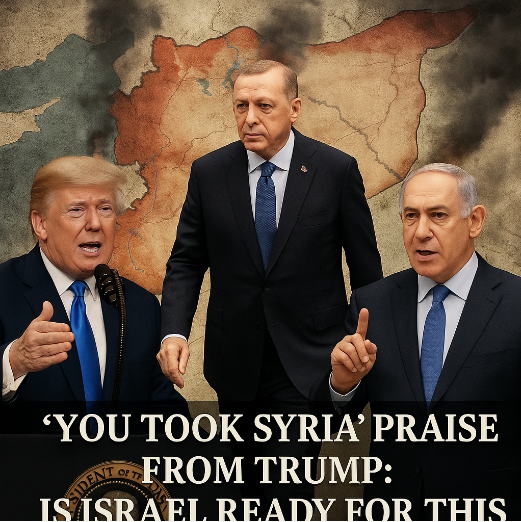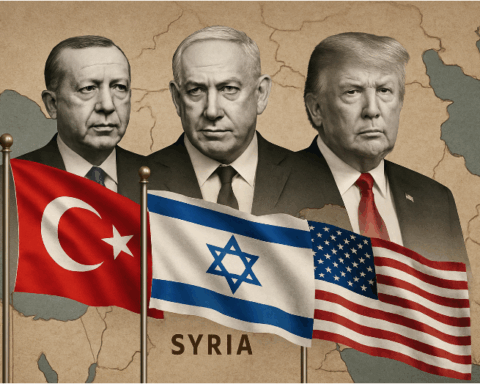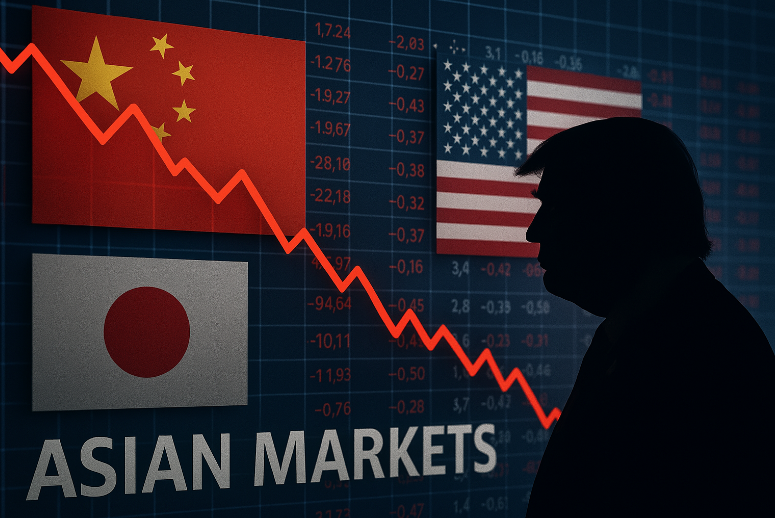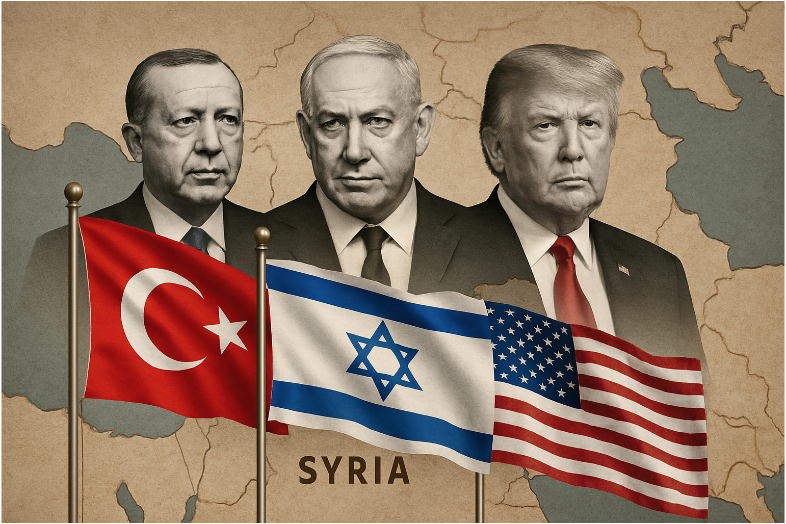Sometimes a press conference at the White House can reveal more than volumes of diplomatic reports. U.S. President Donald Trump’s remarks alongside Israeli Prime Minister Benjamin Netanyahu—“I love Erdoğan, and he loves me… You did what no one has done in 2,000 years, you took Syria”—are more than just a personal compliment. They are a public acknowledgment of Turkey’s undeniable presence and power in the regional game.
On the surface, Trump’s words might seem humorous or exaggerated. But beneath that tone lies an admission: Turkey is no longer seen as merely a neighboring country affected by the Syrian crisis, but as an active, assertive force that shapes the outcome on the ground.
Extending Power Beyond the Border
Turkey’s military interventions in Syria—Euphrates Shield, Olive Branch, and Peace Spring—have never been just tactical responses to security threats. They reflect a broader strategy to secure Turkey’s national interests by directly influencing developments beyond its borders. Trump’s comment that “you took Syria” is not literally accurate, but it captures the strategic depth of Turkey’s expanding influence.
Shifting Perceptions: Turkey Can No Longer Be Ignored
Historically, the West perceived Turkey as a “mediator” or “balancer,” at most a reliable ally within NATO. That perception has now shifted. Turkey has become a primary actor in the Middle East—one whose actions are felt before they are even discussed. And this change hasn’t gone unnoticed. Powers like Russia, Iran, and Israel now see Turkey not as a passive regional player, but as a strategic force.
Netanyahu’s remarks reflect this shift as well: “We don’t want conflict with Turkey… The U.S. is the best mediator.” For a nation like Israel—whose foreign policy is laser-focused on security—to prioritize avoiding direct confrontation with Turkey is a clear sign of Ankara’s growing deterrent power, both militarily and diplomatically.
Leadership and Perception: Erdoğan at the Center
There’s no denying President Erdoğan’s central role in this transformation. Under his leadership, Turkey’s foreign policy has adopted a more independent, high-profile stance. During Trump’s first term, personal diplomacy became a defining feature of international relations. Erdoğan benefited from this dynamic, positioning himself as a leader who can deal directly with world powers.
However, if this perception of power remains tied solely to individual relationships, it becomes fragile. Turkey must institutionalize these strategic gains, ensuring that its influence is not dependent on the personalities of leaders but anchored in long-term national policy.
Today, Turkey is more than a country geographically bridging East and West. It is a political and military center of gravity in a region defined by crisis and competition. From the Syrian war to energy corridors and migration routes, Turkey stands at the core of every major development.
The public statements by President Trump and Prime Minister Netanyahu are not casual remarks—they are reflections of a new geopolitical reality. Whether as a partner or a rival, Turkey is now a nation that no one in the region can afford to ignore.
A Turkey that’s sometimes praised, sometimes warned—but never left out of the equation.
- Tension Between Donald Trump and Elon Musk: Is a Major Crisis Beginning in the American System? - June 6, 2025
- Harvard Faces Federal Funding Freeze Over Alleged “Disrespect to the Nation,” Says McMahon - May 6, 2025
- Tariffs, Troubles, and Transition: A Tumultuous Week for the U.S. and NYC Economy - May 6, 2025








